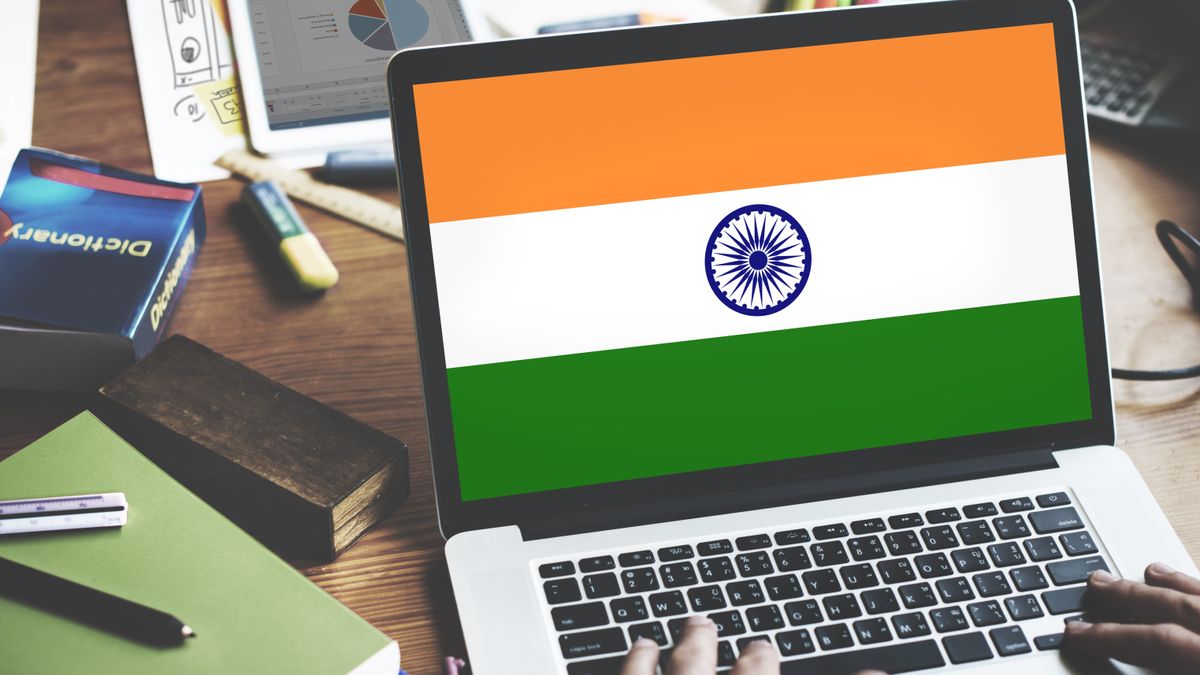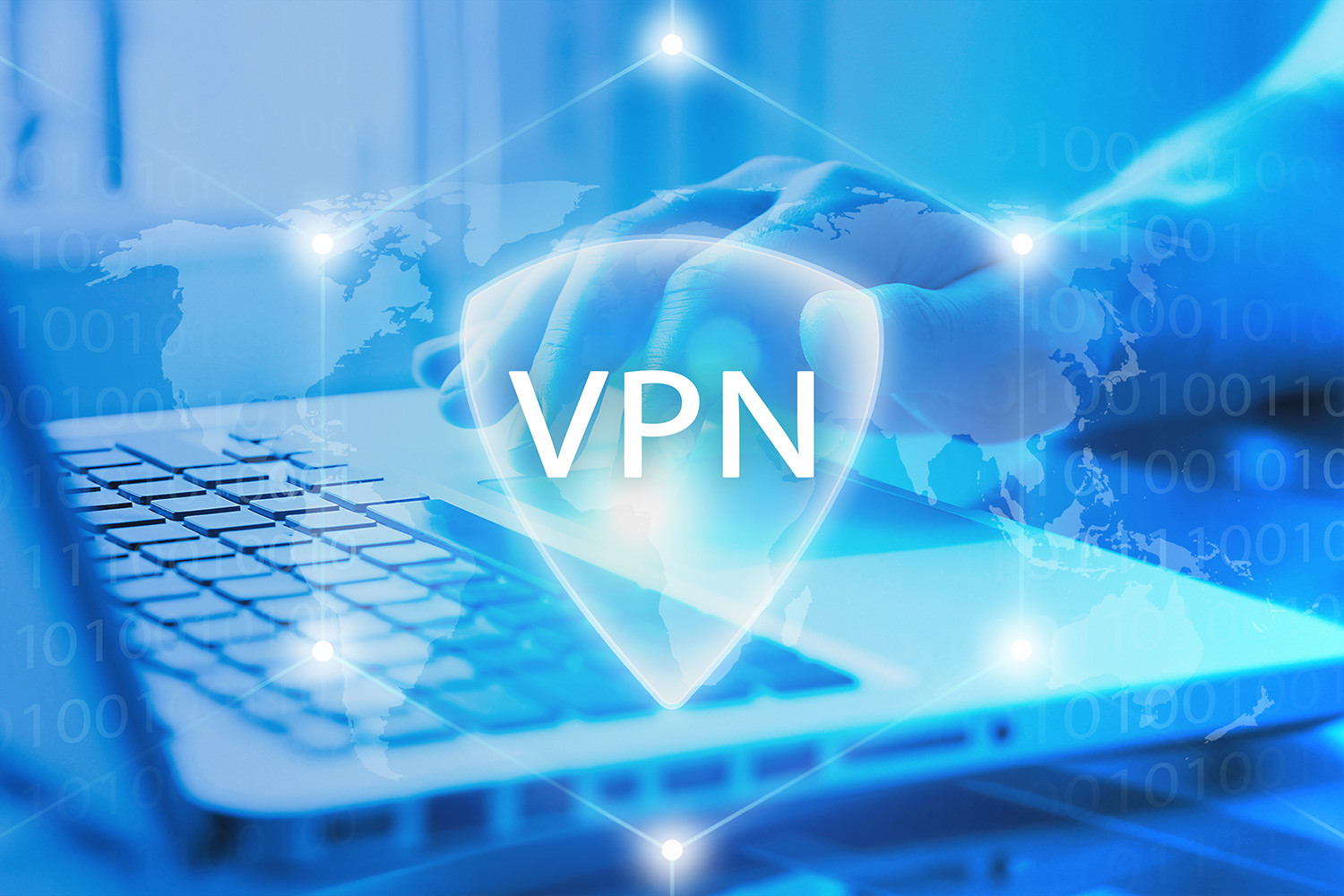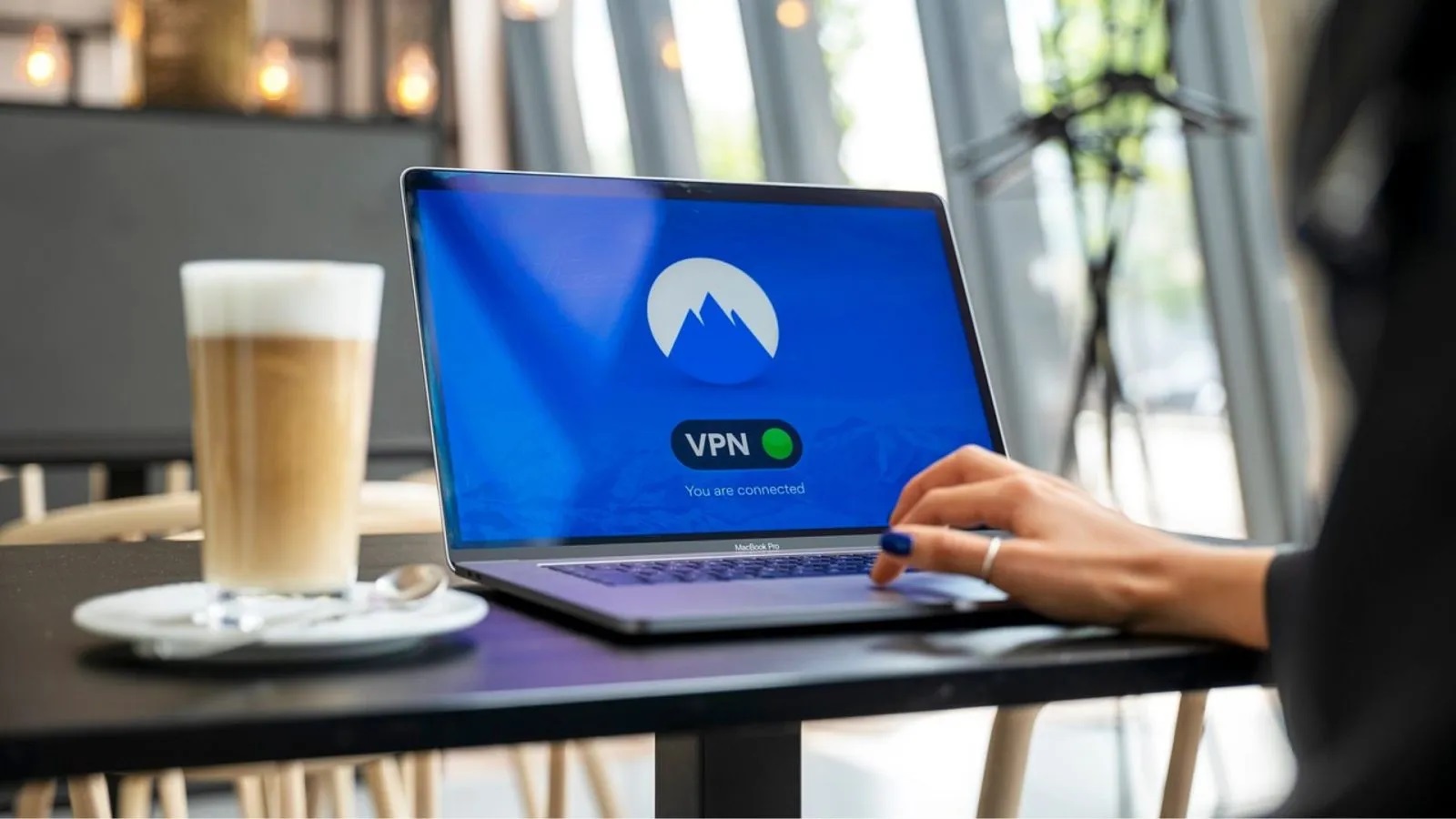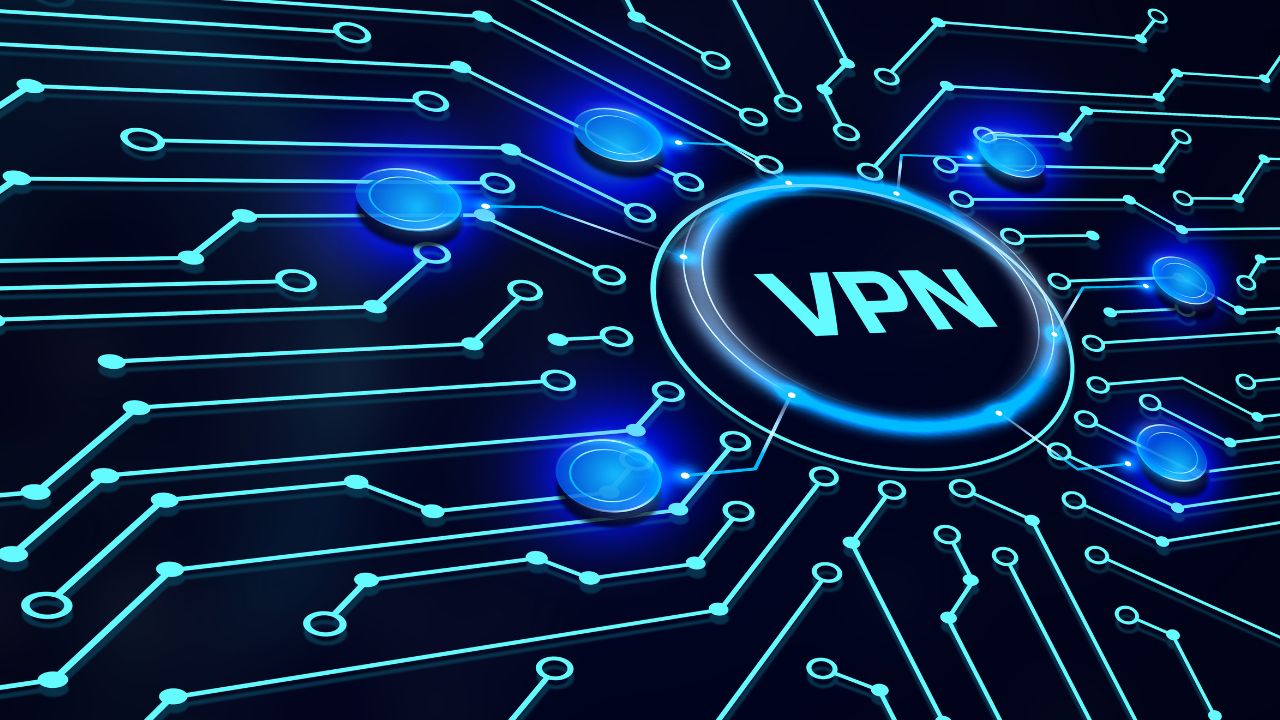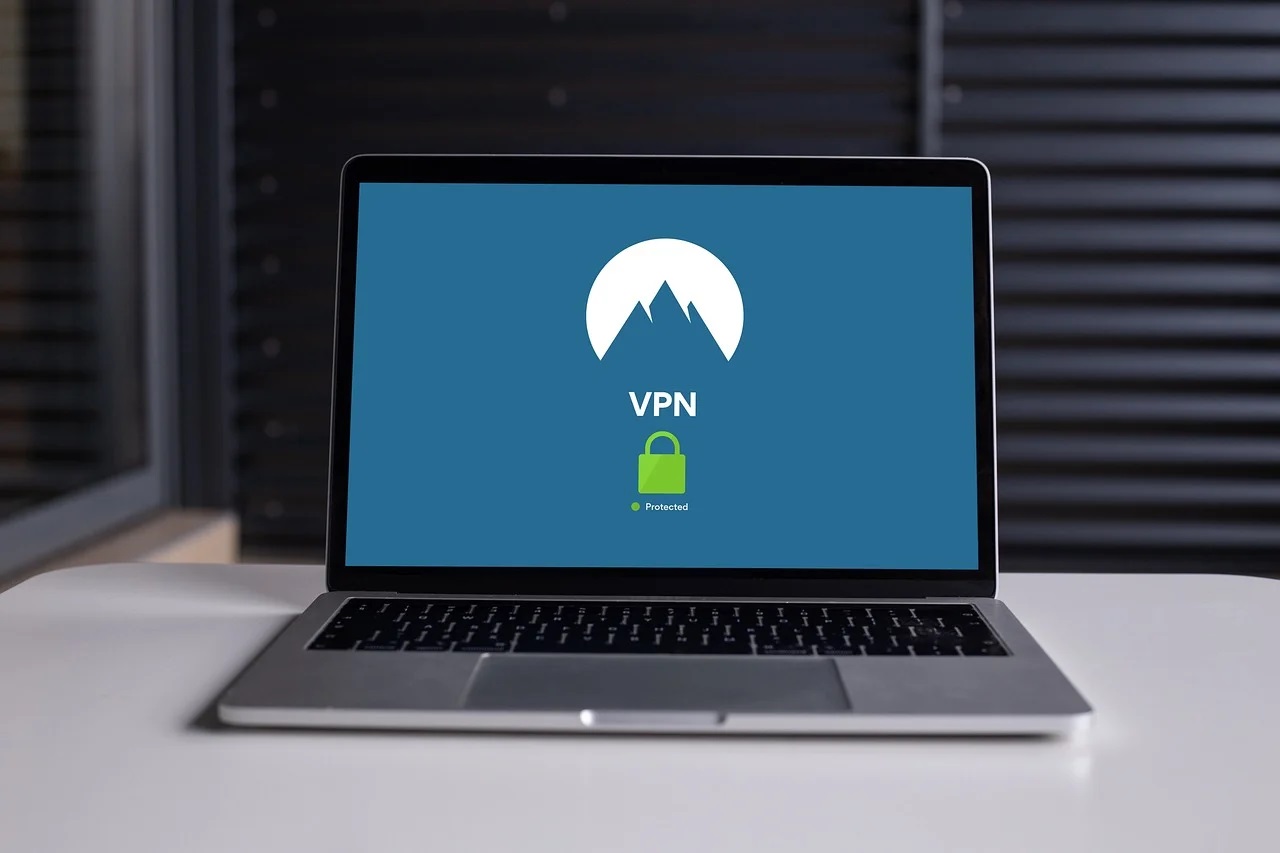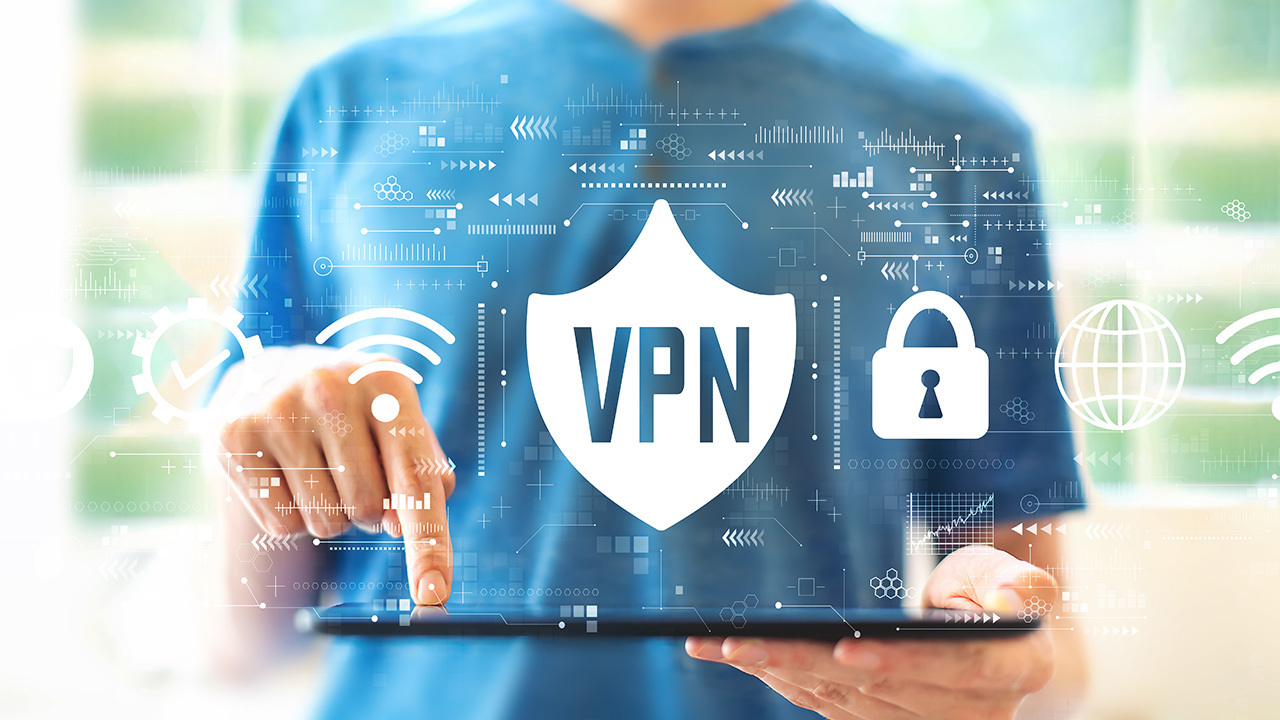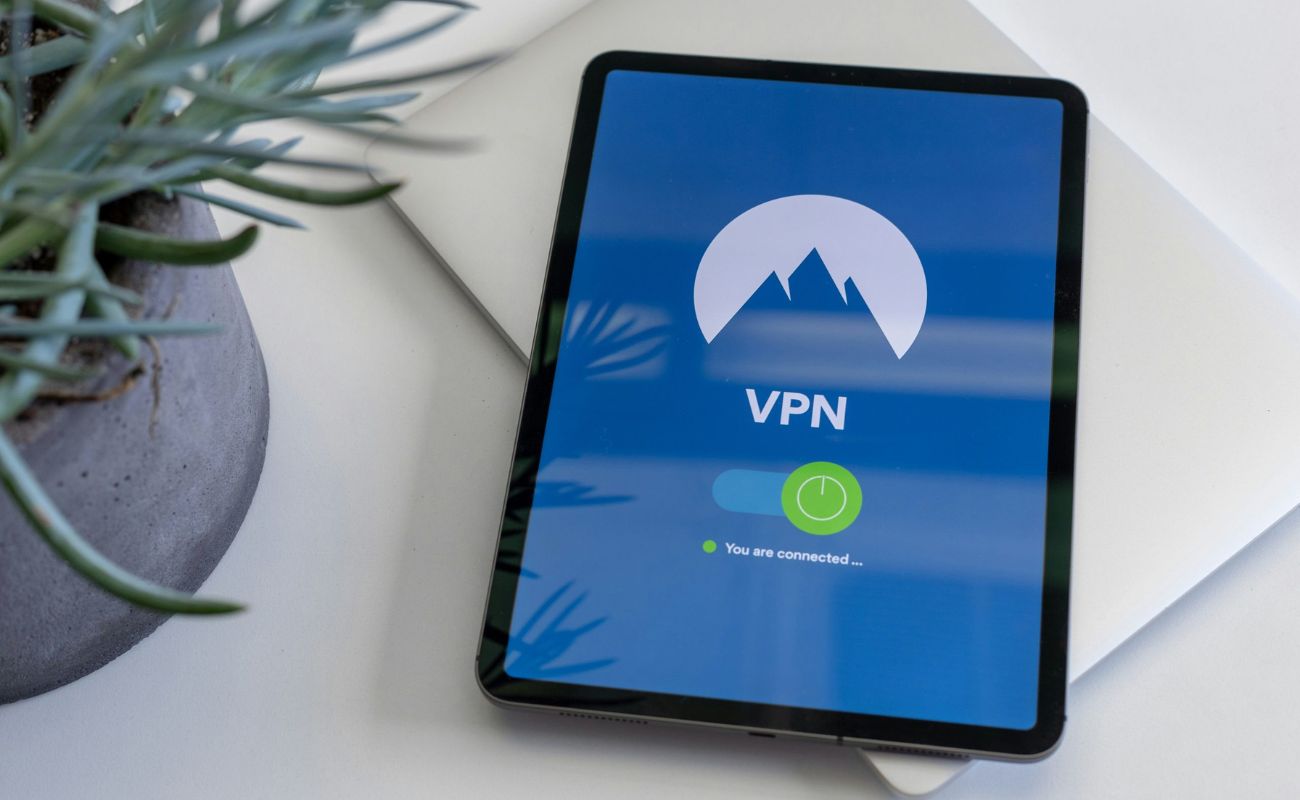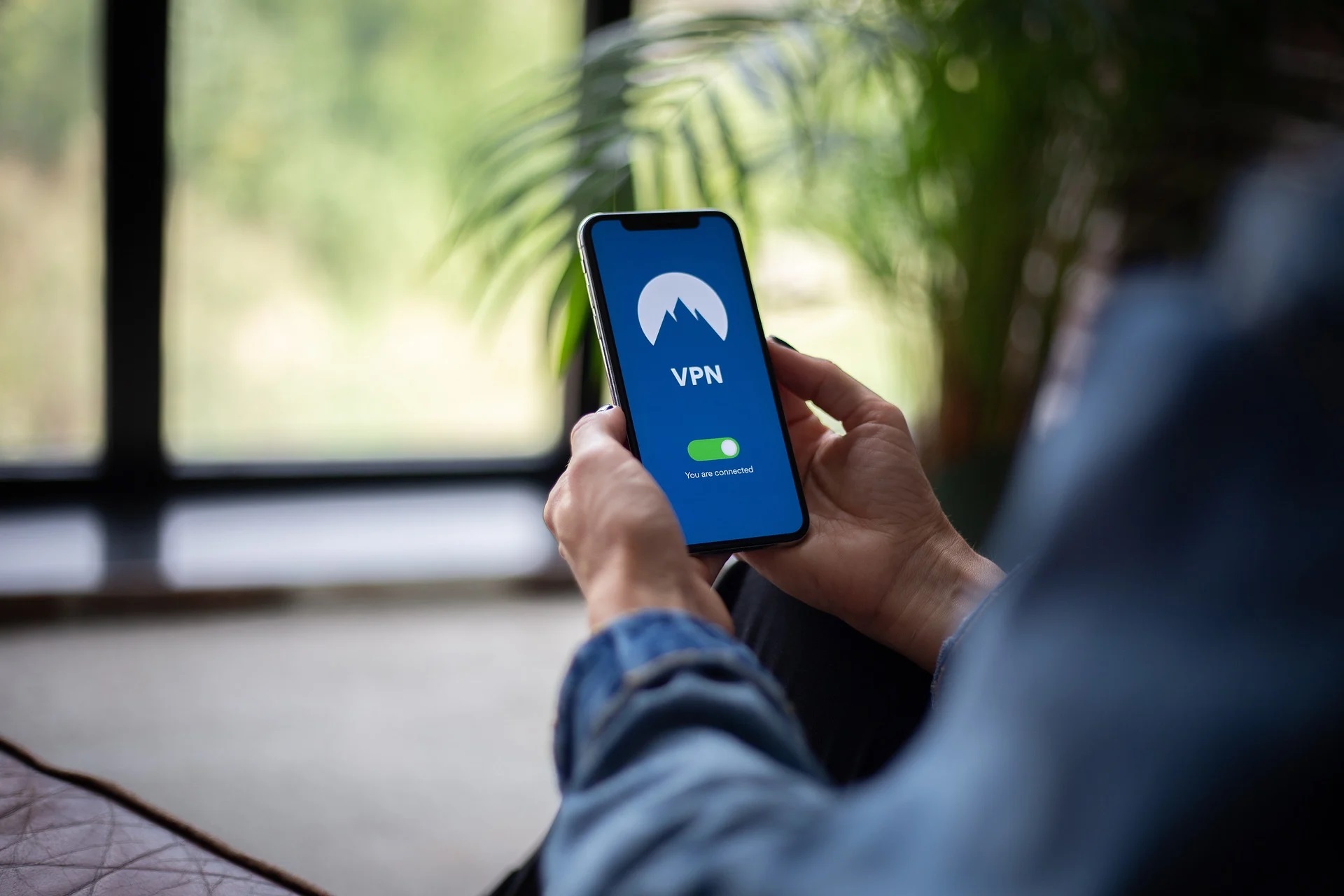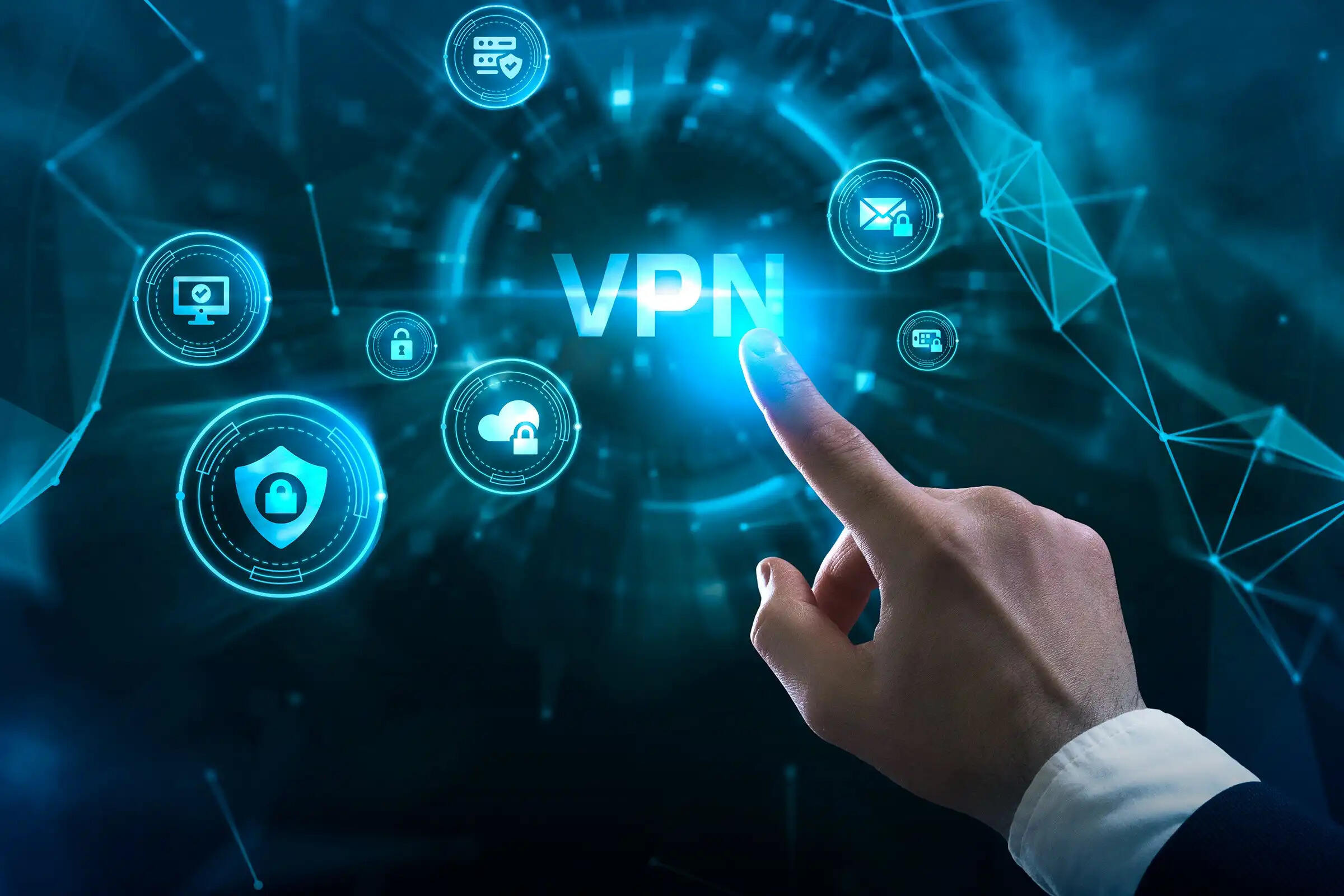Home>Software and Apps>The Legality Of VPNs
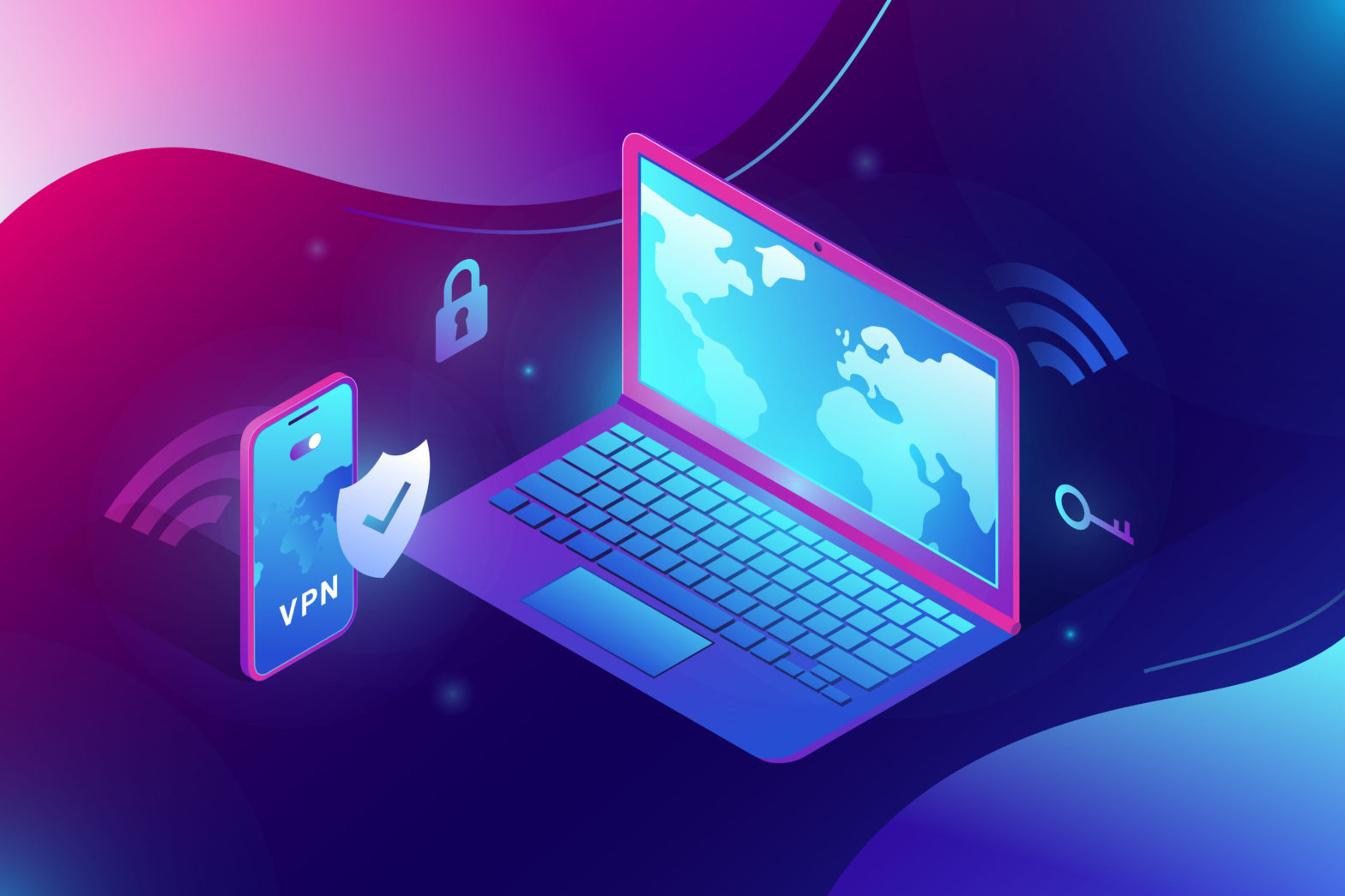

Software and Apps
The Legality Of VPNs
Published: March 2, 2024
Learn about the legality of VPNs and how they are used for software and apps. Understand the legal implications and regulations surrounding VPN usage.
(Many of the links in this article redirect to a specific reviewed product. Your purchase of these products through affiliate links helps to generate commission for Techsplurge.com, at no extra cost. Learn more)
Table of Contents
Introduction
In today's interconnected world, the use of Virtual Private Networks (VPNs) has become increasingly prevalent. VPNs offer a secure and private means of accessing the internet, allowing users to safeguard their online activities from potential threats. As the digital landscape continues to evolve, the importance of understanding the legal implications of VPN usage cannot be overstated.
VPNs serve as a protective shield for internet users, enabling them to encrypt their online communications and conceal their IP addresses. This technology has gained popularity not only among individuals seeking to enhance their online privacy but also among businesses aiming to secure their sensitive data and communications.
As we delve into the legality of VPNs, it is essential to explore the multifaceted nature of these tools. While VPNs offer numerous benefits, their usage is subject to legal considerations that vary across different jurisdictions. Understanding the legal landscape surrounding VPNs is crucial for both individual users and organizations to ensure compliance with relevant laws and regulations.
In the following sections, we will delve into the intricacies of VPNs, examining their functionalities, benefits, and the legal implications associated with their use. By gaining a comprehensive understanding of the legal framework governing VPNs, individuals and businesses can make informed decisions regarding their usage, thereby navigating the digital realm with confidence and compliance.
Read more: The Effectiveness Of VPNs
Understanding VPNs
Virtual Private Networks, commonly known as VPNs, are powerful tools designed to provide a secure and private connection to the internet. At its core, a VPN creates a secure tunnel between the user's device and the internet, encrypting all data that passes through it. This encryption ensures that sensitive information, such as login credentials, financial transactions, and personal communications, remains protected from potential threats, including hackers, surveillance, and data breaches.
One of the primary functions of a VPN is to mask the user's IP address, replacing it with the IP address of the VPN server. This process effectively conceals the user's actual location and identity, adding an extra layer of anonymity to their online activities. By rerouting internet traffic through a VPN server located in a different geographical region, users can access region-restricted content and circumvent censorship or geo-blocking measures.
Moreover, VPNs play a pivotal role in safeguarding data privacy, especially when using public Wi-Fi networks. These networks are notorious for their vulnerability to cyber attacks, making them prime targets for malicious actors seeking to intercept and exploit unencrypted data. By utilizing a VPN, users can mitigate these risks, as the encrypted connection ensures that their online interactions remain shielded from potential eavesdropping and unauthorized access.
In addition to enhancing security and privacy, VPNs offer versatility in their applications. Beyond individual use, businesses often leverage VPN technology to establish secure connections for remote employees, enabling them to access corporate resources and communicate confidentially over the internet. Furthermore, VPNs facilitate secure file sharing and collaboration, making them indispensable tools for modern businesses operating in a digital environment.
It is important to note that while VPNs are highly effective in fortifying online security and privacy, they are not immune to potential vulnerabilities. Users must exercise caution when selecting a VPN service, as the level of security and privacy offered can vary significantly among providers. Additionally, the legal implications of VPN usage, including jurisdictional regulations and government oversight, must be considered to ensure compliance with applicable laws.
In essence, understanding the fundamental workings of VPNs is essential for individuals and organizations seeking to fortify their online security and privacy. By grasping the intricacies of VPN technology, users can harness its capabilities to navigate the digital landscape with confidence, knowing that their online activities are shielded from prying eyes and potential threats.
The Benefits of Using VPNs
Virtual Private Networks (VPNs) offer a myriad of benefits that cater to the diverse needs of individuals and businesses in today's digital age. From bolstering online security and privacy to enabling access to region-restricted content, the advantages of using VPNs are multifaceted and impactful.
1. Enhanced Security and Privacy
One of the primary benefits of using a VPN is the bolstering of online security and privacy. By encrypting internet traffic and masking the user's IP address, VPNs shield sensitive data from potential threats, including hackers, surveillance, and data breaches. This encryption ensures that personal information, such as login credentials, financial transactions, and private communications, remains safeguarded from unauthorized access and interception.
2. Anonymity and Location Masking
VPNs enable users to conceal their actual IP addresses and geographic locations by routing internet traffic through remote servers. This feature adds an extra layer of anonymity to online activities, making it challenging for third parties to track and monitor users' browsing habits. Additionally, VPNs allow users to access the internet as if they were located in a different geographical region, bypassing geo-blocking measures and accessing region-restricted content.
3. Secure Access to Public Wi-Fi
Public Wi-Fi networks are notorious for their susceptibility to cyber attacks and data interception. By using a VPN, individuals can mitigate the inherent risks associated with public Wi-Fi, as the encrypted connection ensures that their online interactions remain shielded from potential eavesdropping and unauthorized access. This is particularly crucial for individuals who frequently rely on public Wi-Fi for work or leisure activities.
4. Circumvention of Censorship and Geo-Restrictions
In regions where internet censorship and geo-restrictions are prevalent, VPNs serve as invaluable tools for circumventing these limitations. By connecting to a VPN server located in a different country, users can bypass censorship measures and access online content that may otherwise be unavailable in their region. This capability empowers individuals to exercise their digital freedom and access a broader range of online resources.
5. Business Applications
Beyond individual use, VPNs play a pivotal role in facilitating secure connections for remote employees and enabling secure file sharing and collaboration within organizations. Businesses leverage VPN technology to establish private and encrypted communication channels, ensuring the confidentiality of sensitive data and communications. Additionally, VPNs enable secure access to corporate resources for remote employees, fostering productivity and operational flexibility.
In essence, the benefits of using VPNs extend far beyond mere online security and privacy. From safeguarding sensitive data to enabling unrestricted access to online content, VPNs have become indispensable tools for individuals and businesses seeking to navigate the digital realm with confidence and resilience. By harnessing the capabilities of VPN technology, users can fortify their online presence and embrace the myriad opportunities offered by the interconnected world of the internet.
The Legal Implications of VPN Usage
The widespread adoption of Virtual Private Networks (VPNs) has brought forth a complex landscape of legal considerations that warrant careful examination. While VPNs offer a host of benefits, including enhanced security, privacy, and access to region-restricted content, their usage is subject to legal implications that vary across different jurisdictions.
One of the primary legal implications of VPN usage pertains to the legality of employing VPNs for circumventing geo-blocking measures and accessing region-restricted content. In some regions, the act of bypassing geo-restrictions using a VPN may infringe upon copyright laws or violate the terms of service of content providers. As a result, individuals must be cognizant of the legal ramifications associated with using VPNs to access content that is geographically restricted.
Furthermore, the use of VPNs for engaging in illegal activities, such as cybercrime or online piracy, raises significant legal concerns. While VPNs are designed to safeguard online communications and data, their anonymity and encryption features can potentially be exploited for illicit purposes. As a result, the legal implications of VPN usage extend to the responsibility of users to adhere to the laws governing online conduct and digital activities.
Additionally, the jurisdictional aspects of VPN usage play a pivotal role in shaping the legal landscape surrounding these tools. Different countries have varying laws and regulations pertaining to the use of VPNs, with some nations imposing restrictions or outright bans on VPN usage. It is imperative for individuals and businesses to familiarize themselves with the legal framework governing VPNs within their respective jurisdictions to ensure compliance and mitigate potential legal risks.
Moreover, the intersection of VPN usage and data privacy regulations introduces another layer of legal complexity. As data protection laws continue to evolve globally, the use of VPNs to secure personal and sensitive information must align with the overarching principles of data privacy and protection. Users must navigate the legal nuances surrounding data privacy and VPN usage, ensuring that their actions remain consistent with applicable regulations and standards.
In essence, the legal implications of VPN usage encompass a spectrum of considerations, ranging from copyright compliance and jurisdictional regulations to data privacy and responsible online conduct. As VPNs continue to play a pivotal role in fortifying online security and privacy, individuals and organizations must navigate the legal landscape with vigilance and adherence to relevant laws and regulations. By gaining a comprehensive understanding of the legal implications associated with VPN usage, users can leverage these tools responsibly and in accordance with the legal framework governing their digital activities.
Jurisdiction and VPN Legality
The legality of Virtual Private Network (VPN) usage is intricately intertwined with the jurisdictional regulations governing these tools. Different countries exhibit varying stances on the use of VPNs, leading to a complex landscape of legal considerations that users must navigate with diligence and awareness.
In some jurisdictions, the use of VPNs is entirely legal and widely accepted as a means of fortifying online security and privacy. These regions recognize the fundamental role of VPNs in safeguarding sensitive data and communications, thereby fostering an environment where VPN usage is embraced as a legitimate tool for protecting online activities.
Conversely, certain countries impose restrictions or outright bans on VPN usage, citing concerns related to national security, censorship, and the circumvention of geo-blocking measures. In these jurisdictions, the legal framework surrounding VPNs may be more stringent, requiring users to adhere to specific regulations or obtain official authorization for VPN usage.
The legal landscape becomes further nuanced when considering the implications of VPN usage in the context of international law and cross-border data protection. As individuals and businesses engage in global digital interactions, the jurisdictional aspects of VPN legality come to the forefront, necessitating an understanding of how VPN usage aligns with the laws and regulations of multiple countries.
Moreover, the evolving nature of data privacy regulations adds another layer of complexity to the jurisdictional considerations of VPN legality. As data protection laws continue to advance globally, the use of VPNs to secure personal and sensitive information must align with the overarching principles of data privacy and protection, ensuring compliance with the regulations of each relevant jurisdiction.
In essence, the legality of VPN usage is deeply intertwined with the jurisdictional regulations that govern these tools. Users must remain cognizant of the legal landscape within their respective jurisdictions, ensuring compliance with applicable laws and regulations while leveraging VPNs to fortify their online security and privacy. By navigating the jurisdictional nuances of VPN legality with vigilance and adherence to relevant laws, individuals and organizations can harness the capabilities of VPN technology responsibly and in accordance with the legal framework governing their digital activities.
Government Regulations and VPNs
The intersection of government regulations and Virtual Private Networks (VPNs) introduces a complex and multifaceted landscape that significantly influences the legal framework surrounding these tools. Government regulations pertaining to VPNs vary across different jurisdictions, reflecting diverse stances on the usage and oversight of VPN technology.
In certain regions, governments have implemented specific regulations and policies governing the use of VPNs, aiming to balance the protection of online security and privacy with broader national interests. These regulations may encompass requirements for VPN service providers to adhere to data retention and disclosure obligations, enabling government authorities to access user data under specified circumstances. Additionally, some jurisdictions mandate the registration or licensing of VPN providers, imposing regulatory oversight to ensure compliance with legal standards and security protocols.
Conversely, other countries exhibit a more permissive approach to VPN usage, refraining from imposing stringent regulations or oversight measures on VPN service providers. In these regions, the emphasis is often placed on fostering an environment where individuals and businesses can leverage VPNs to fortify their online security and privacy without encountering excessive regulatory constraints.
The evolving landscape of government regulations and VPNs also intersects with broader considerations related to national security, censorship, and the protection of intellectual property. Governments may implement measures to monitor and regulate VPN usage in the context of national security interests, aiming to mitigate potential threats while balancing the fundamental rights of individuals to secure their online activities.
Furthermore, the impact of government regulations on VPNs extends to the realm of international law and cross-border data protection. As individuals and businesses engage in global digital interactions, the harmonization of VPN regulations across different jurisdictions becomes a pivotal consideration, necessitating a nuanced understanding of how VPN usage aligns with the laws and regulations of multiple countries.
In essence, the landscape of government regulations and VPNs is characterized by a diverse array of approaches and considerations, reflecting the intricate balance between online security, privacy, and broader national interests. By navigating the regulatory nuances with vigilance and adherence to relevant laws and regulations, individuals and organizations can leverage VPN technology responsibly and in accordance with the legal framework governing their digital activities.
Conclusion
In conclusion, the legality of Virtual Private Networks (VPNs) encompasses a multifaceted landscape shaped by jurisdictional regulations, government oversight, and the evolving dynamics of data privacy. As individuals and businesses navigate the digital realm, the legal implications of VPN usage underscore the imperative of understanding and adhering to the laws and regulations governing these tools.
The widespread adoption of VPNs has ushered in a paradigm where individuals seek to fortify their online security and privacy, while businesses leverage VPN technology to establish secure connections and safeguard sensitive data. However, the legal considerations associated with VPN usage demand careful attention, as the regulatory landscape varies across different jurisdictions.
Understanding the jurisdictional nuances of VPN legality is paramount, as the legal framework governing VPNs differs from one country to another. While some regions embrace VPN usage as a legitimate means of enhancing online security and privacy, others impose restrictions or require regulatory compliance, necessitating a nuanced understanding of the legal landscape within each jurisdiction.
Moreover, the intersection of government regulations and VPNs introduces a complex dynamic, where regulatory oversight and national security interests intersect with the fundamental rights of individuals to secure their online activities. Government regulations pertaining to VPNs may encompass data retention obligations, licensing requirements for VPN providers, and considerations related to national security and intellectual property protection.
The evolving nature of data privacy regulations further underscores the need for users to navigate the legal implications of VPN usage with vigilance and adherence to relevant laws. As data protection laws continue to advance globally, the responsible use of VPNs must align with the overarching principles of data privacy and protection, ensuring compliance with the regulations of each relevant jurisdiction.
In essence, the legality of VPN usage demands a comprehensive understanding of jurisdictional regulations, government oversight, and data privacy considerations. By navigating the legal landscape with diligence and awareness, individuals and organizations can harness the capabilities of VPN technology responsibly and in accordance with the legal framework governing their digital activities. As the digital landscape continues to evolve, a proactive approach to understanding and adhering to the legal implications of VPN usage is essential for fostering a secure, compliant, and resilient online environment.

